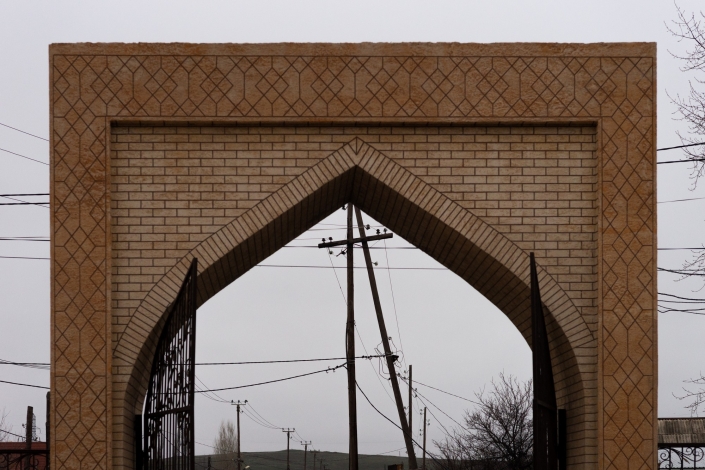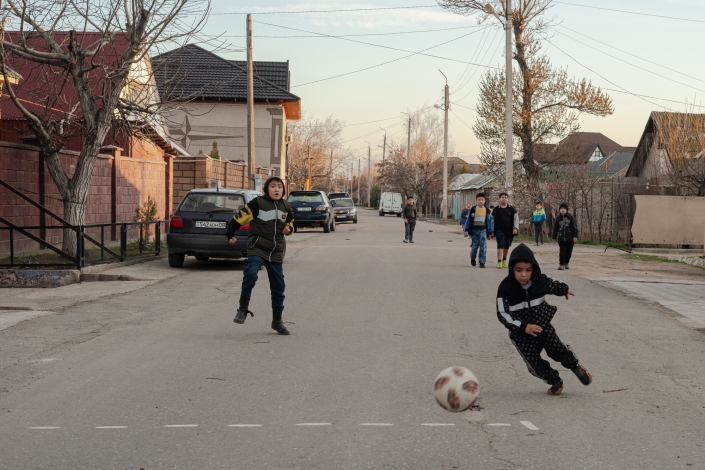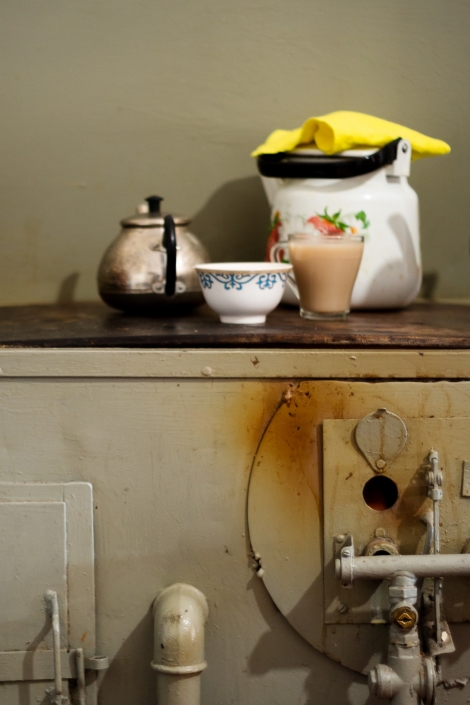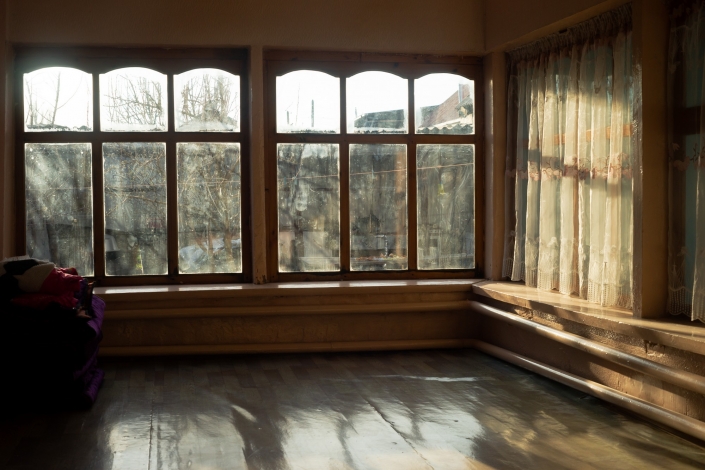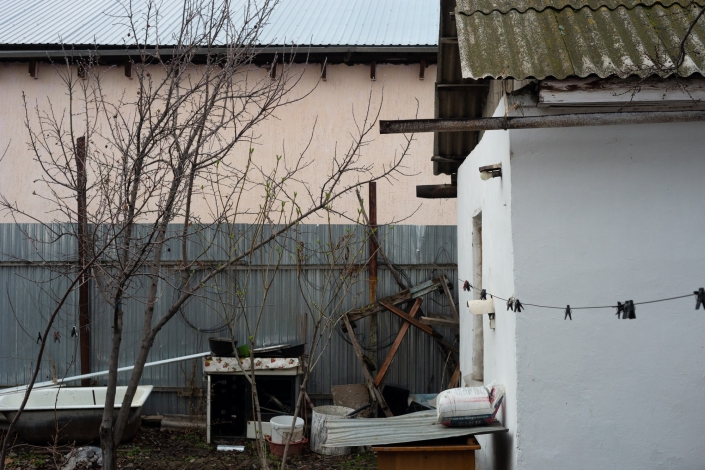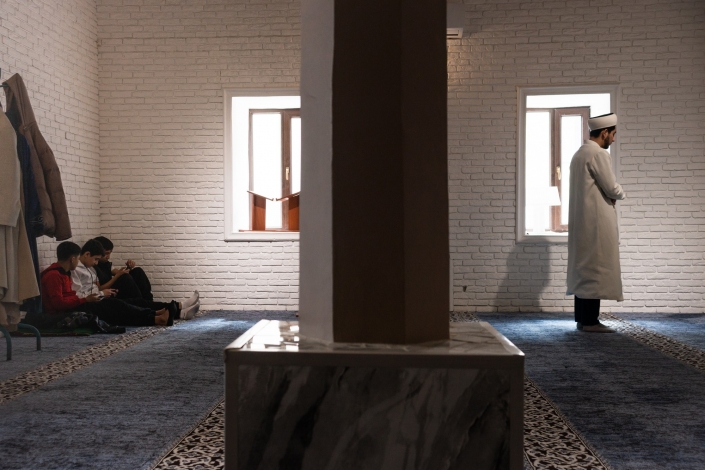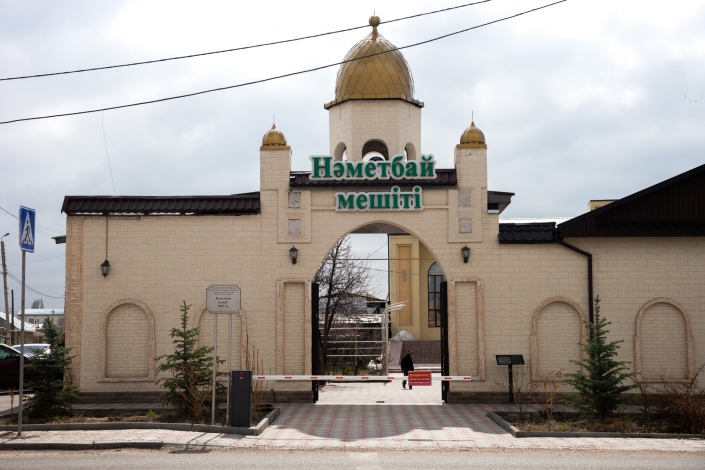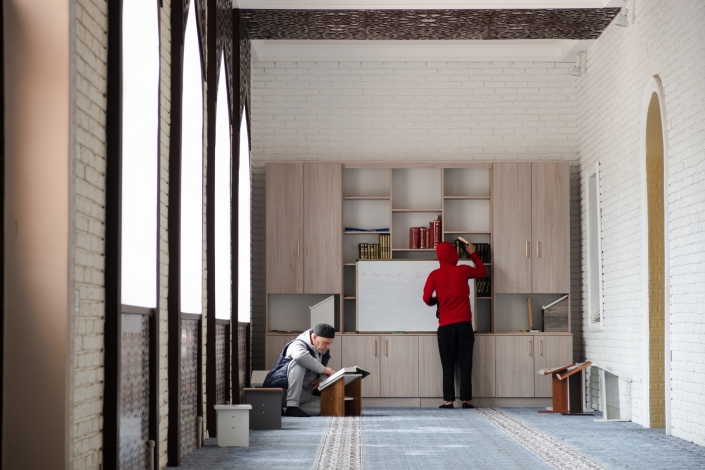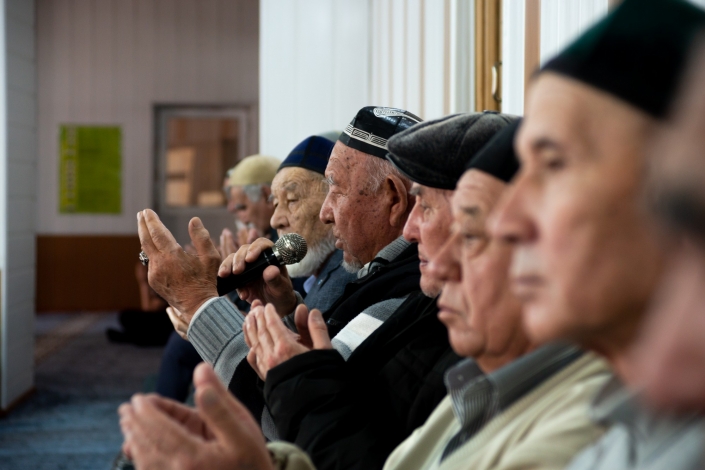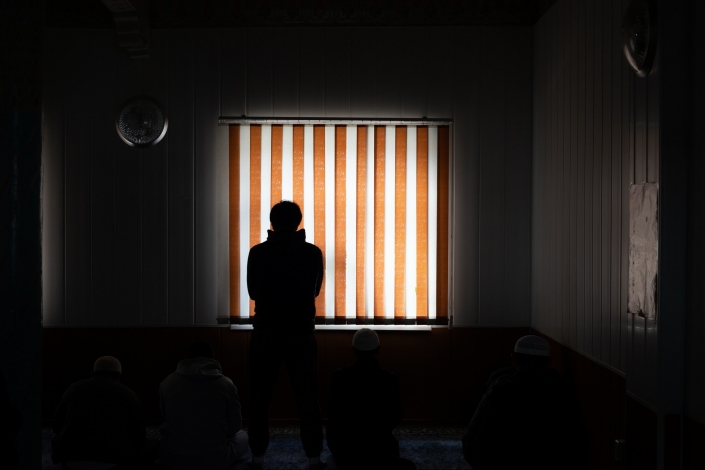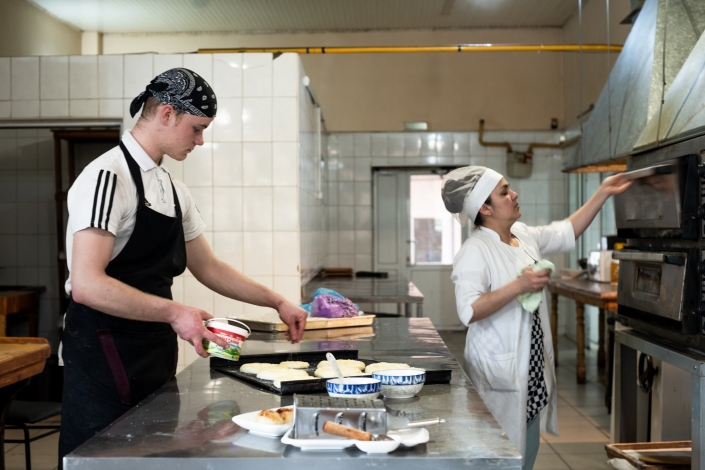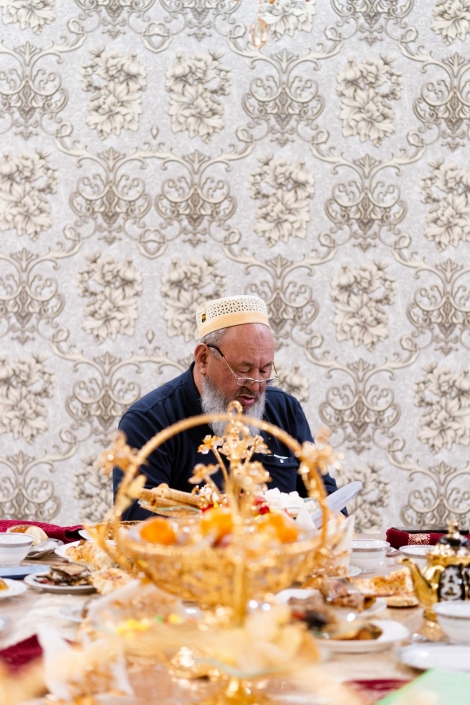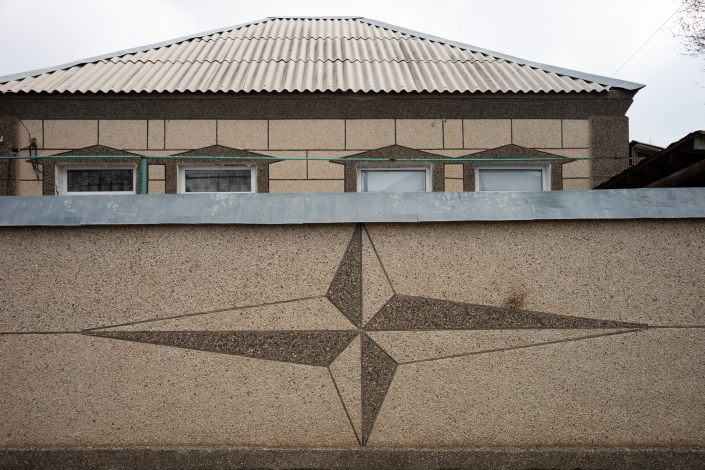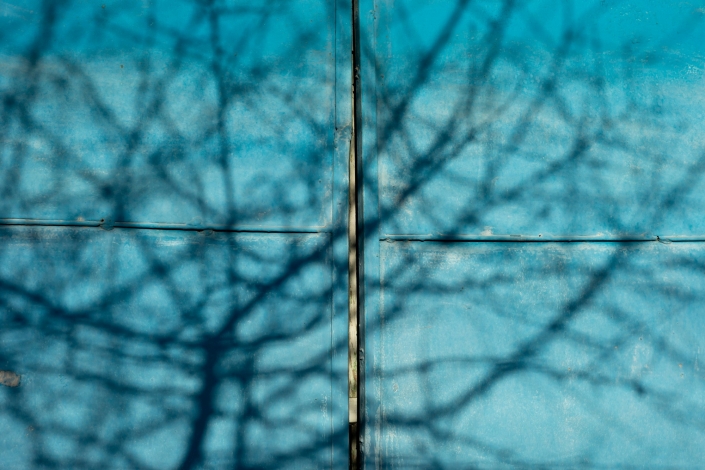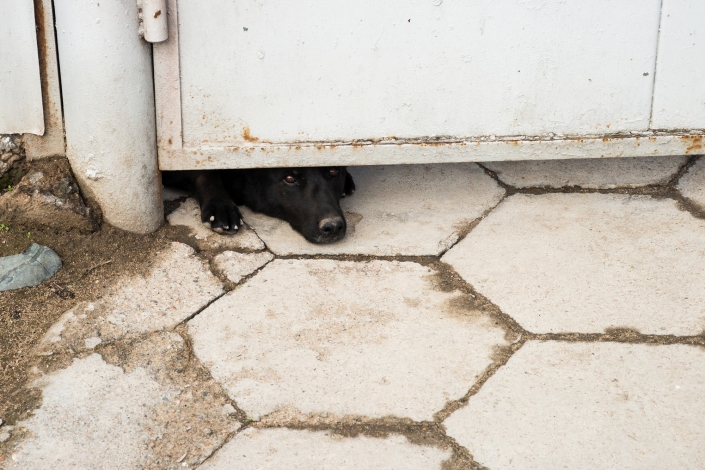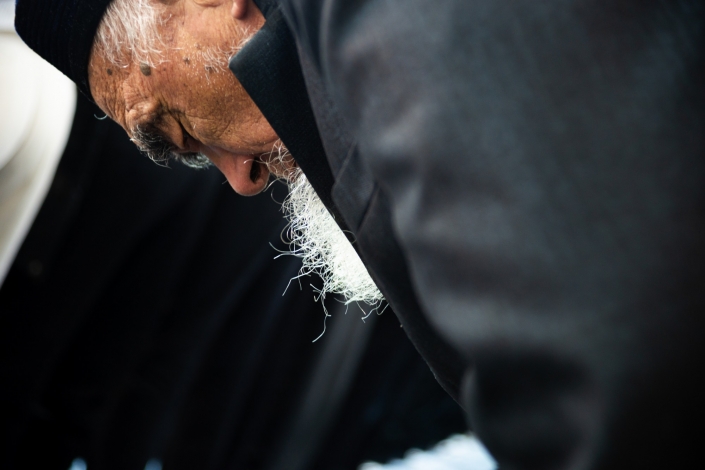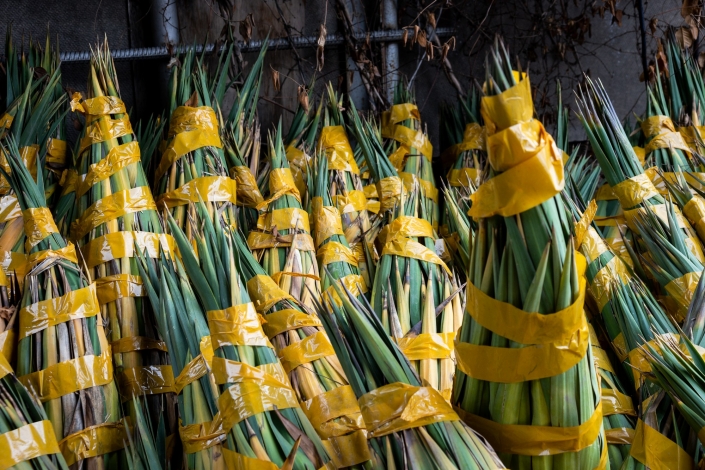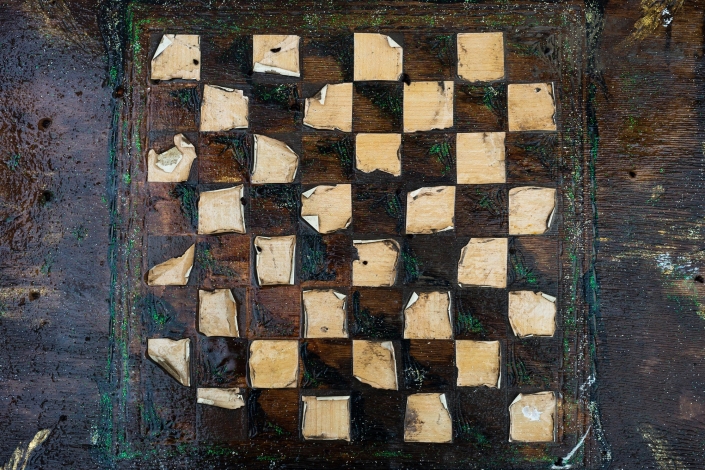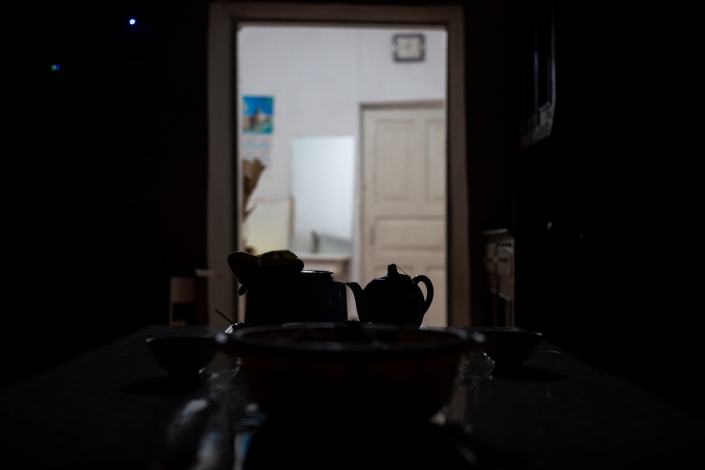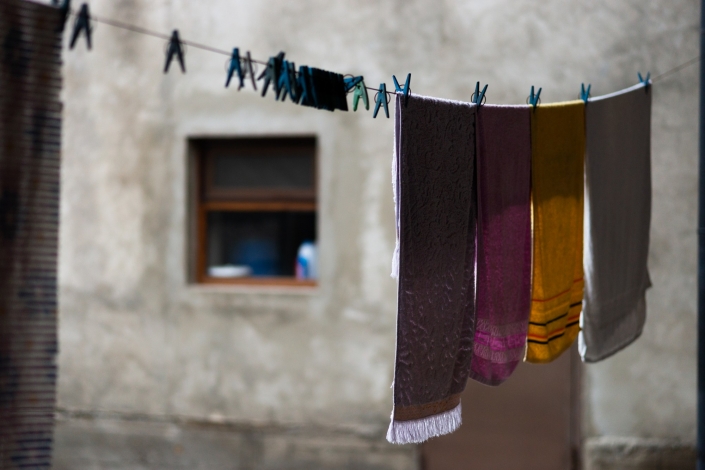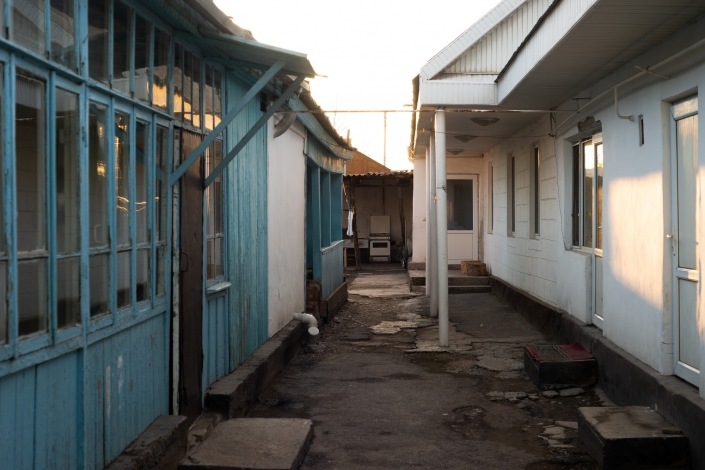Story
I chanced upon the word «Mahalla,» looked up its meaning, and immediately sensed that it could become a Story. There was scarce information online about what it was, and to me, a mahalla was a sun-drenched courtyard where children played.
The more I learned about the mahalla, the more I understood that it was much deeper and more poignant than I had imagined. Then I traveled to Taraz at the invitation of the community leader and met with the Council of Elders and Mahalla’s people living there. It was like I had entered an entirely new realm.
Mahalla
Taraz is located in Southern Kazakhstan, on the border with Uzbekistan. The city’s old name was Auliye-Ata, which means «Wise Elder». Uzbek mahalla traditions have been preserved in this city, perhaps better than anywhere outside of Uzbekistan. Currently, there are 44 mahallas in Taraz.
Mahalla may be translated from Arabic as «district», or «neighborhood». In the past, the Uzbek mahalla could be a closed neighborhood. Nowadays, the mahalla primarily serves as a system of local self-government, a community of people living in the same area who share similar values — family, care for loved ones and the community, modesty, and hospitality.


